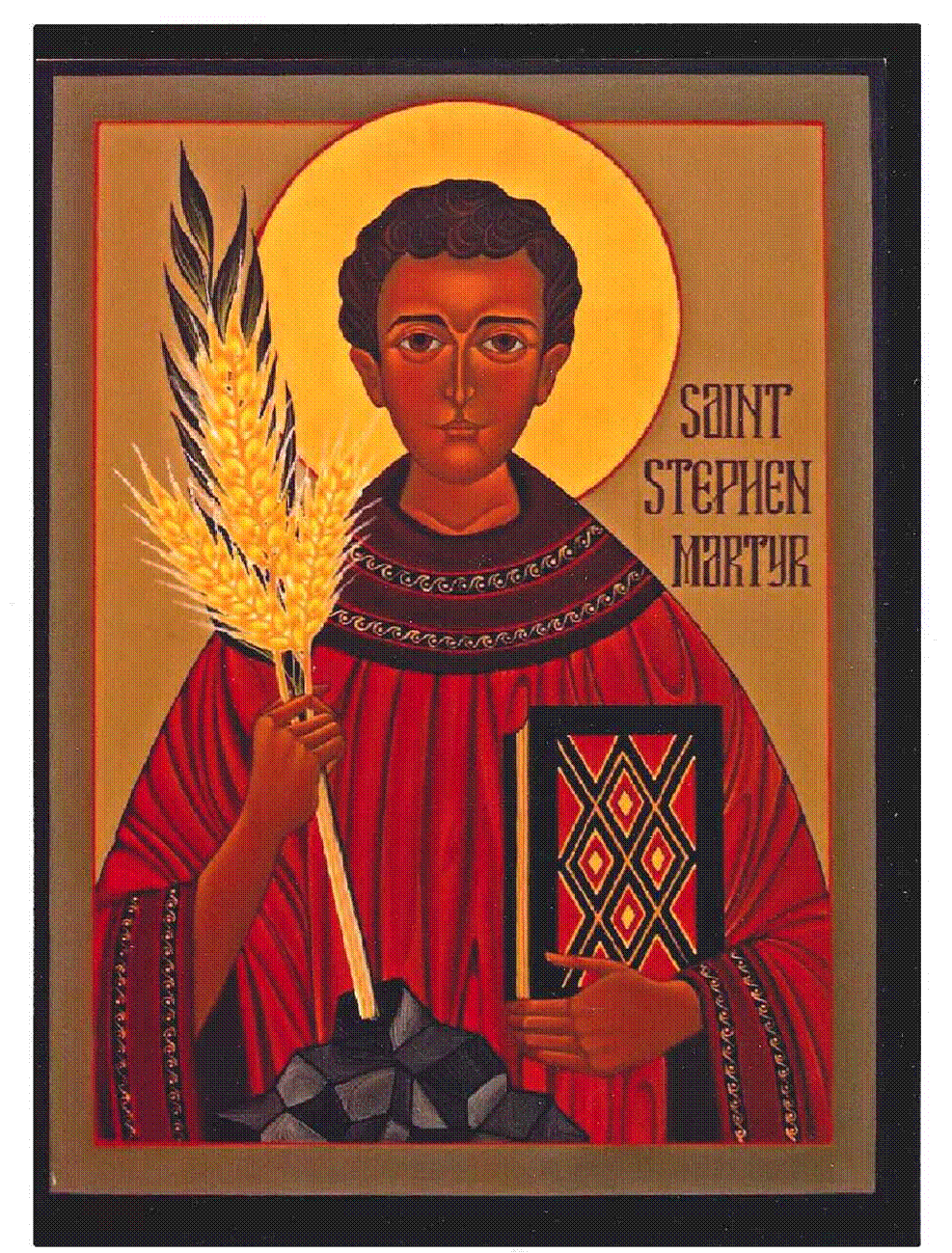Ordinary Prayer
- Mar 15, 2023
- 2 min read

In anticipation of our Thursday night reflection on prayer via Zoom, here are some highlights from Chapter 15 of Richard Foster’s Prayer. I hope you find them helpful.
We pray the ordinary in three ways: first, by turning ordinary experiences of life into prayer ; second, by seeing God in the ordinary experiences of life; and third, by praying throughout the ordinary experiences of life.
How the shepherds must have wondered at the twofold sign by which they were to identify the Messiah — swaddling cloths and a manger. How unimpressive! How commonplace!
But think of this: in the creation and the incarnation the great God of the universe intertwined the spiritual and the material, wedded the sacred and the secular, sanctified the common and the ordinary heroic. If we cannot find God in the routines of home and shop, then we will not find him at all.
Many today see their vocation as a hindrance to prayer. But our vocation, far from being a hindrance, is an asset. Our vocation is an asset to prayer because our work becomes prayer. Anthony Bloom writes, “A prayer makes sense only if it is lived. Unless they are ‘lived, unless life and prayer become completely interwoven, prayers become a sort of polite madrigal which you offer to God at moments when you are giving time to Him.” Here we must understand the order in the kingdom of God. It is precisely in the “slop - bucket job” — the work that we abhor — where we will find God the most.
My aside: The movie Bruce Almighty got it so right when it depicted God as a janitor.
Back to Foster: We glorify God in our labor because we most closely approximate the Creator when we engage in the creative activity of work.
Me again: There’s lots more. You’re welcome to join us here at 7 pm.
Peace,
Pastor Mark Walters
































Comments